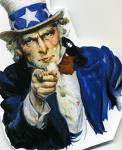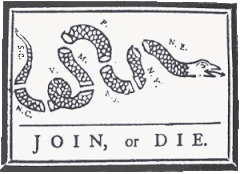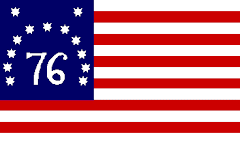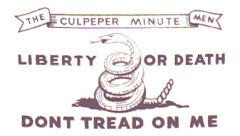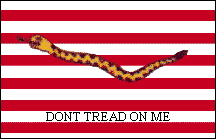Recently, we lost a man that is a true America hero, and he is worthy of our recognition. That his story would be taken to his grave untold and uncelebrated, ignored by a culture that worships an entertainment-industry freak but gives nary a passing thought to a true American, is a sad but not shocking commentary on our priorities, which puts a premium on pop-stardom, but publicly cares nary a whit for true courage.
At least that's true of some of us. Not all. I believe it's not true of you and I know it's not true of me.
 Ed Freeman was a helicopter pilot in Viet Nam, second-in-command of Company A, 229th Assault Helicopter Battalion, 1st Cavalry Division (Airmobile). On November 14th, 1965, he was supporting Landing Zone X-Ray in the Ia Drang Valley, where elements of the 5th and 7th Cavalry of the U.S. Army engaged elements of the regular army of North Viet Nam in one of the first major battles of the war, an apocalyptic event that would last 4 days, and be memorialized in the book and movie "We Were Soldiers." [The photo above was taken in the morning at LZ X-Ray, before the battle started, as Alpha Company was being helicoptered into the zone. Little did they know of the hell they would endure before the sun set that day.]
Ed Freeman was a helicopter pilot in Viet Nam, second-in-command of Company A, 229th Assault Helicopter Battalion, 1st Cavalry Division (Airmobile). On November 14th, 1965, he was supporting Landing Zone X-Ray in the Ia Drang Valley, where elements of the 5th and 7th Cavalry of the U.S. Army engaged elements of the regular army of North Viet Nam in one of the first major battles of the war, an apocalyptic event that would last 4 days, and be memorialized in the book and movie "We Were Soldiers." [The photo above was taken in the morning at LZ X-Ray, before the battle started, as Alpha Company was being helicoptered into the zone. Little did they know of the hell they would endure before the sun set that day.]Within hours of being helicoptered in, the landing zone became so "hot," under withering enemy fire, that Medivac flights were called off. Wounded American soldiers lay where they were shot, their life forces ebbing unchecked, and the living were quickly running out of ammunition and supplies. Into this inferno of chaos and death flew a single, unarmed HUEY - piloted by Ed Freeman. Freeman brought in water and ammunition, and brought out wounded American boys.
Not once. Not twice. Fourteen separate times, Major Freeman set down his chopper in that deadly cauldron, and fourteen times he flew out. The men he rescued numbered about 30; the men whose lives he saved by re-supplying them, probably in the hundreds.
 These are the words of President George W. Bush as he awarded the Congressional Medal of Honor to Major Freeman:
These are the words of President George W. Bush as he awarded the Congressional Medal of Honor to Major Freeman: In a moment, we will hear the full citation in all its heroic detail. General Eisenhower once observed that when you hear a Medal of Honor citation, you practically assume that the man in question didn't make it out alive. In fact, about 1 in 6 never did, and the other five, men just like you all here, probably didn't expect to.
Citations are also written in the most simple of language, needing no embellishment or techniques of rhetoric. They record places and names and events that describe themselves. The medal itself bears only one word and needs only one, valor.
As a boy of 13, Ed Freeman saw thousands of men on maneuvers pass by his home in Mississippi. He decided then and there that he would be a soldier. A lifetime later the Congress has now decided that he's even more than a soldier because he did more than his duty. He served his country and his comrades to the fullest, rising above and beyond anything the Army or the nation could have ever asked.
It's been some years now since he left the service and was last saluted.
But from this day forward, wherever he goes, by military tradition, Ed Freeman will merit a salute from any enlisted personnel or officer of rank. Commander Seevers, I'll now ask you to read this citation of the newest member of the Congressional Medal of Honor Society, and it will be my honor to give him his first salute.
An email has been circulating recently which incorrectly dates Major Ed Freeman's death to coincide with the probable drug overdose of a major entertainment figure - I assume to make a valid point about the priorities of the mainstream media and their pop culture minions. But such fudging of the truth is not necessary.
At the time this hero actually did pass on, in August of 2008, there was little or no public mention or notice, and though in the grand scheme of things not many people read this blog, it was important to me that now you know his story.
Thanks for listening.
